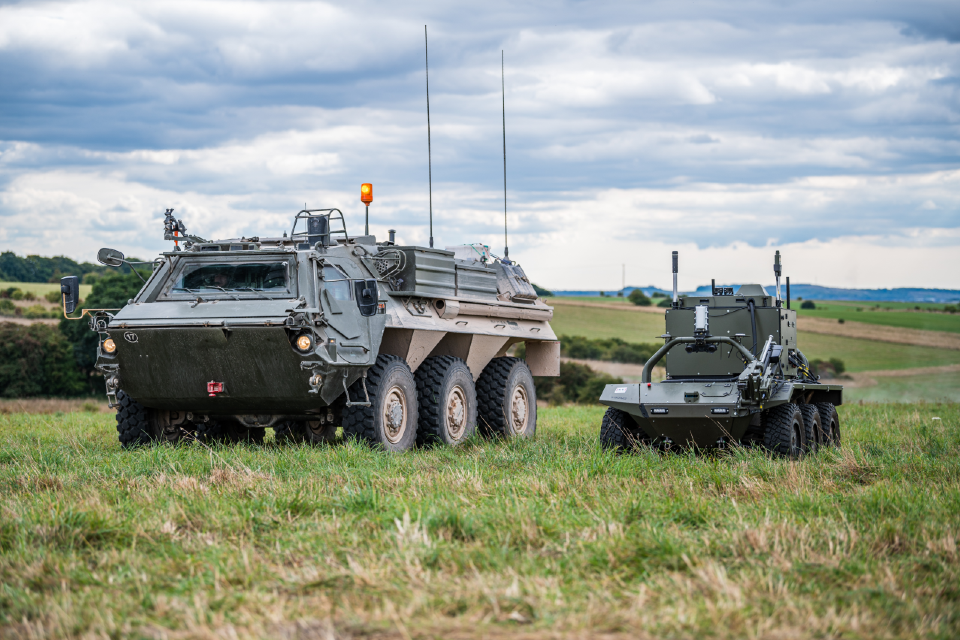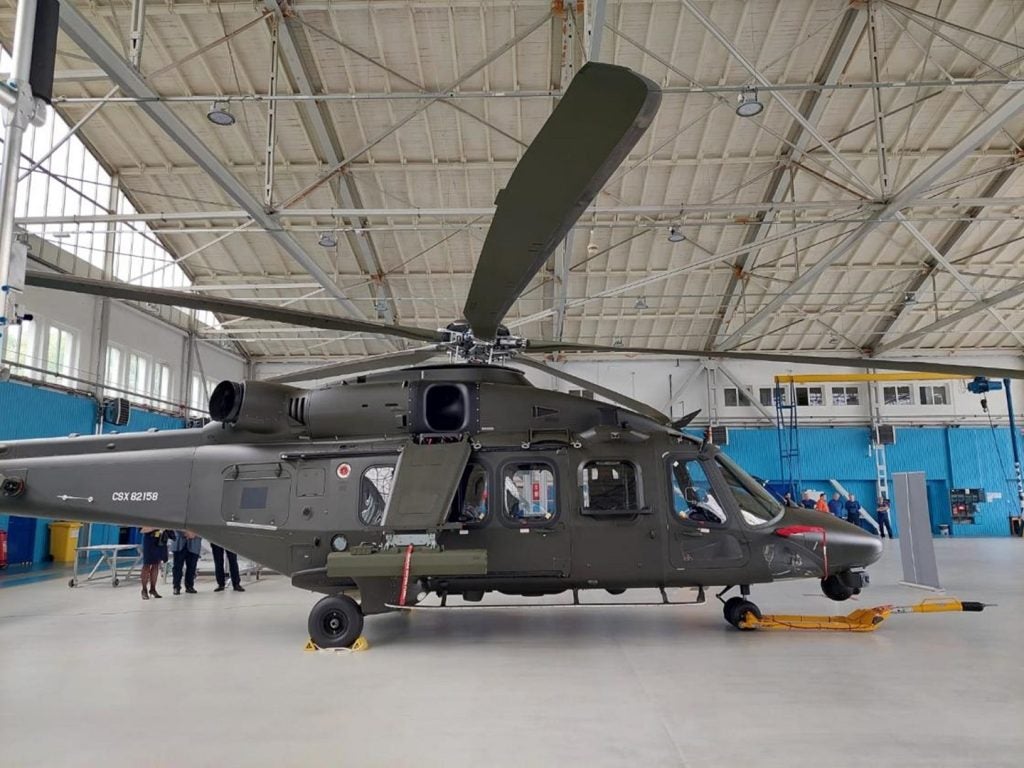
The UK Ministry of Defence’s Defence Science and Technology Laboratory (Dstl) has successful conducted the Hybrid Area Reconnaissance and Survey (HARS) field trial.
The test sought to validate research on using sensor technology-backed autonomous uncrewed systems to trace hazardous material.
The five-week trial was carried out on Salisbury Plain and used an uncrewed ground vehicle (Viking) attached with a chemical and radiological sensor payload.
A collaboration between the MoD, Dstl, and industry, the project is intended to keep UK troops safe and enhance their operational efficiency.
Dstl lead operational analyst Emma said: “We know autonomy could be useful to do those repetitive jobs where people are at risk and we can take them away from that risk.
“It has been nice to see it actually in practice, moving around out in the field and demonstrating that this is somewhere that, if we continue to put some work into it, we could make some real progress and do things very differently to the way they’re done now.”
How well do you really know your competitors?
Access the most comprehensive Company Profiles on the market, powered by GlobalData. Save hours of research. Gain competitive edge.

Thank you!
Your download email will arrive shortly
Not ready to buy yet? Download a free sample
We are confident about the unique quality of our Company Profiles. However, we want you to make the most beneficial decision for your business, so we offer a free sample that you can download by submitting the below form
By GlobalDataDuring the trials, scientists worked along with soldiers from FALCON Squadron, 28 Engineer Regiment (C-CBRN).
They compared the capabilities of both uncrewed and crewed systems in scanning areas for chemical and radiological material.
Dstl HARS Trial lead scientist Andy Martin said: “This trial aimed to test the feasibility of the concept and the maturity of the technology.
“This technology offers an innovative approach, which could significantly change the military’s capabilities in the future by reducing the hazard to soldiers and acting as a force multiplier.
“Some of the key challenges associated with the system are reducing the cognitive burden for personnel and using sensors, which are designed to be manually operated by personnel, applying sufficient automation in the system to allow that to be done remotely and autonomously.”







